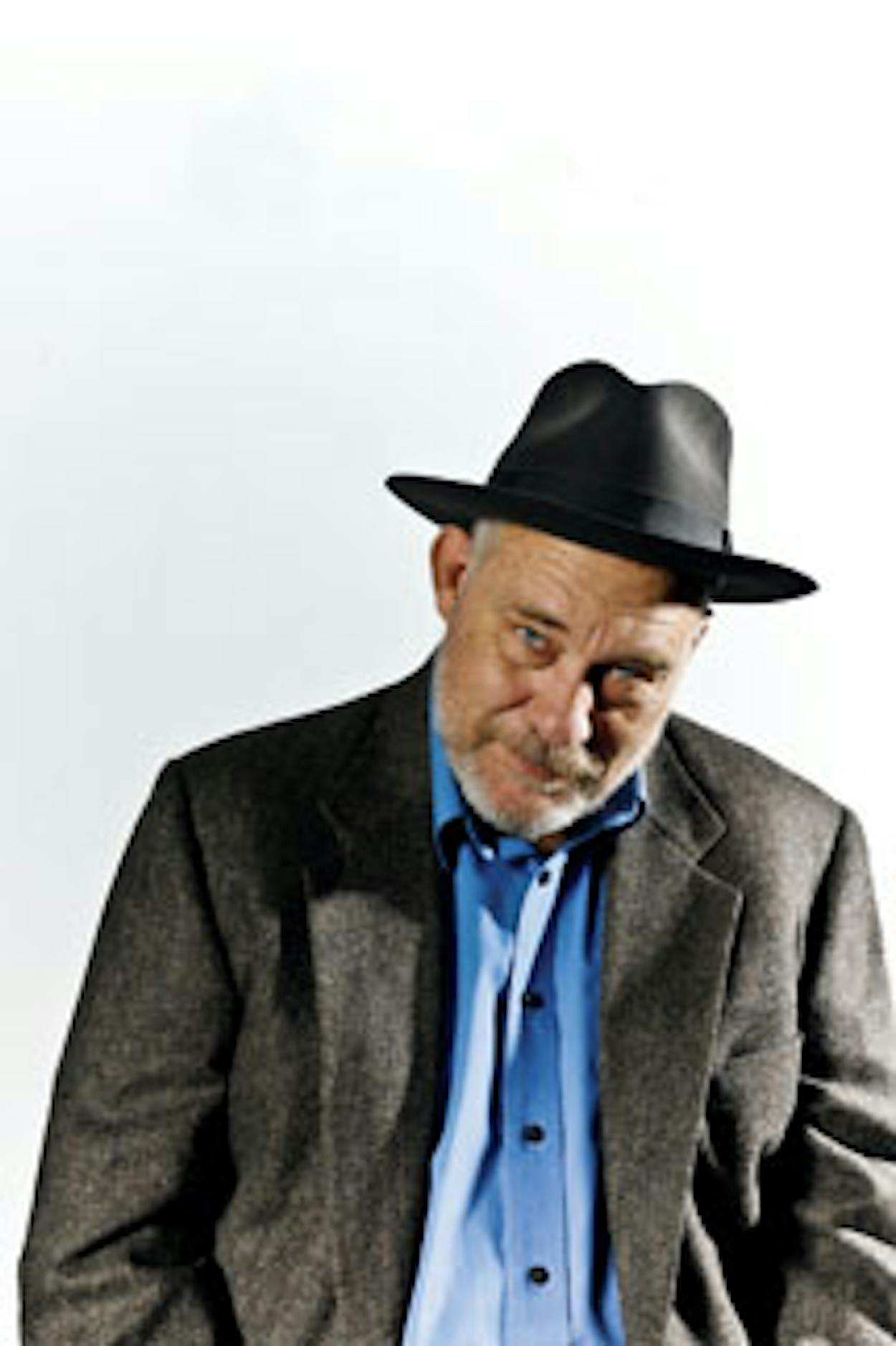The longtime Austin singer-songwriter has seen his share of troubles over the years: a decades-long struggle with substance abuse, a 2008 car accident that broke both of his knees, and his son’s serious illness. Still, Graham remains a relentless worker. In May the Hobart Brothers and Lil’ Sis Hobart, his collaboration with Freedy Johnston and Susan Cowsill, released their debut album. A little more than a month later he put out his ninth solo album, GARAGE SALE.
The story I heard about this record is that your friends at Top Hat Recording in Austin gave you some free studio time.
They gave me this gift to come in and do whatever I wanted two days a month. That’s how the record started, with this complete lack of pressure or even of a goal. I wasn’t trying to make a record.
What was it like to be in the studio without any set goal?
When I was on New West Records, it was very much results oriented. We needed to get this done, for this amount of money, and we had to fit these criteria. And when I started doing records independently, there was no money—it was very results oriented because the clock’s ticking. So it was a little scary this time to go in and it’s just, “Yeah, you can do whatever you want.” That song “Bobby Dunbar”? I had read this story in an Old Farmer’s Almanac about this boy who was lost about a century ago in Louisiana, and then there was this identity mix-up when he was supposedly found, and the story haunted me. I kept thinking about it, and I went into the studio one day, sat down at the piano, and it just started coming together. The piano wasn’t even located in the cutting room—it was out in the lounge. One of the windows was open, so you could hear birds and kids playing outside, which sounded stark and weird. We pushed the piano out onto the patio and recorded there, and that’s why you hear cars going by and birds. When you’re paying a hundred dollars an hour for the studio, are you gonna roll a piano out on the patio and record? No.
Talk to me about the song “Codeine/Codine.”
It’s no secret that I’ve struggled with drugs and alcohol my whole life, and I’ve had the blessing of coming out the other side. The easy count would be I’ve lost at least eight friends to drugs and alcohol. The people who get caught in that—it’s a lonely business.
Does it haunt you still?
You know what haunts me? The damage that I did to others. That’s the part that I get to reconcile now by living a different life.
The first song on the album is called “Unafraid.” You had your ass kicked a lot of different ways over the years. Is that the end result—are you fearless now?
It’s like I’ve seen the worst, and what’s left for me to be afraid of? Physical pain? No. Defeat? No. Loss? No. I feel strong and humble, you know? Humbled by life and made strong by all my experiences. That song is my mission statement right now.
Most of your songs aren’t just songs, they’re about your life.
I wish I was clever enough to invent characters that never existed doing things that never happened. But I’m not. The songs are how I work things out. I have nine albums, and you can track them, from the first one to this one—you can see me working out various issues. And that’s why I opened this record with “Unafraid”: I feel like I’m in a different place than I’ve ever been. I’m still burning, but it’s a contained burn. I feel in some weird way that at 53 I’m at the height of my powers.
You’re probably impervious to pain at this point.
At this point my nerves have finally given up. They’re like, “How would we know the difference?”







